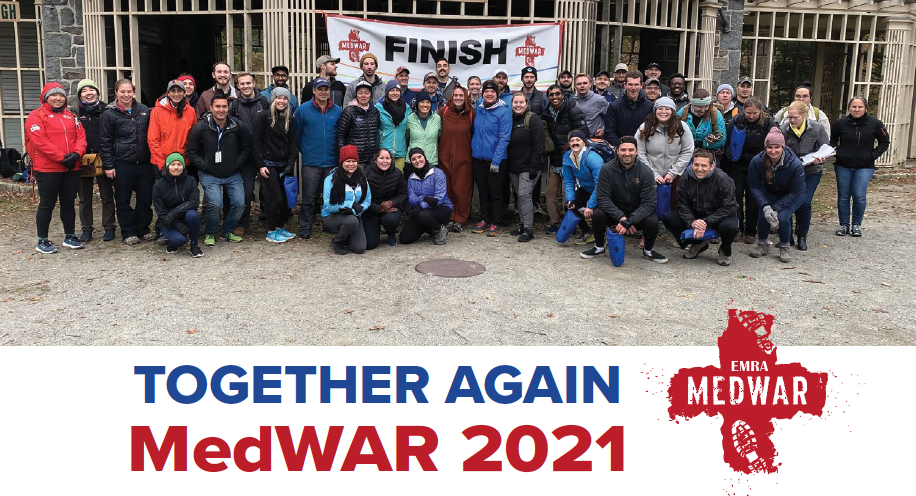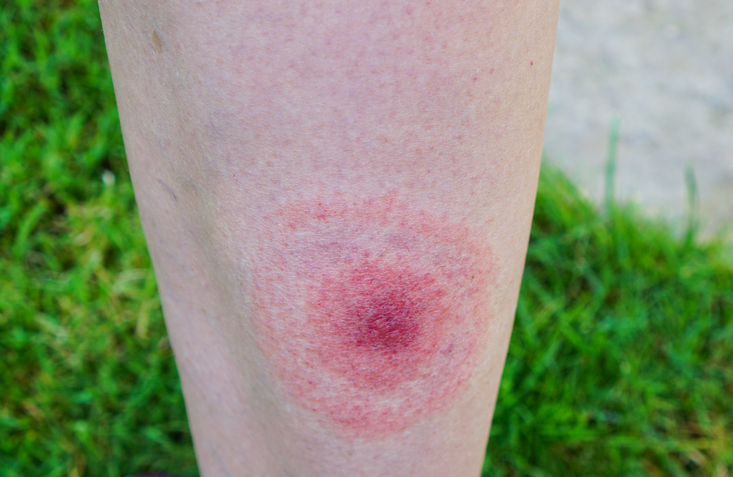Browsing: Wilderness Medicine
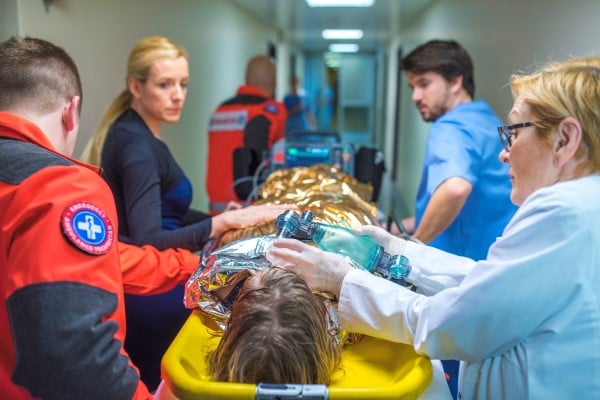

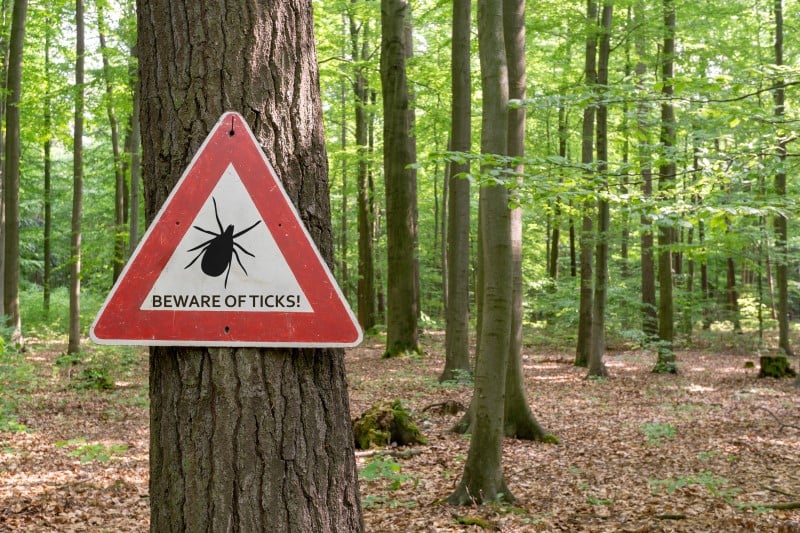
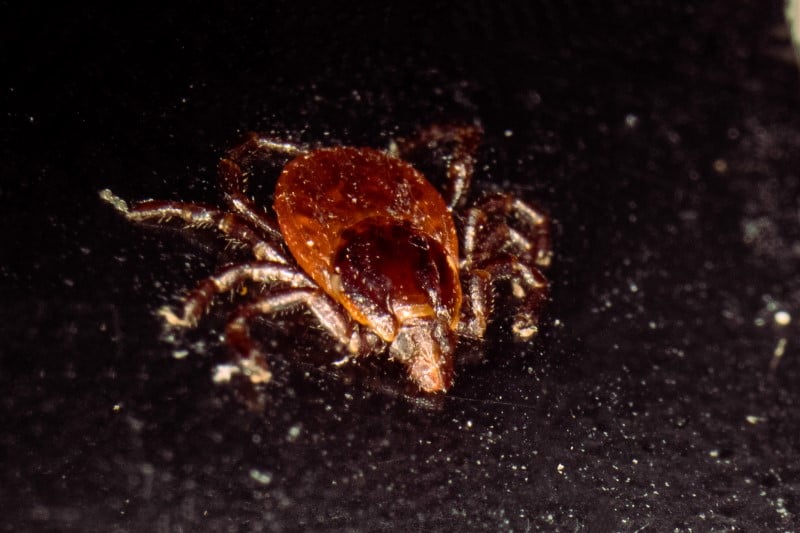
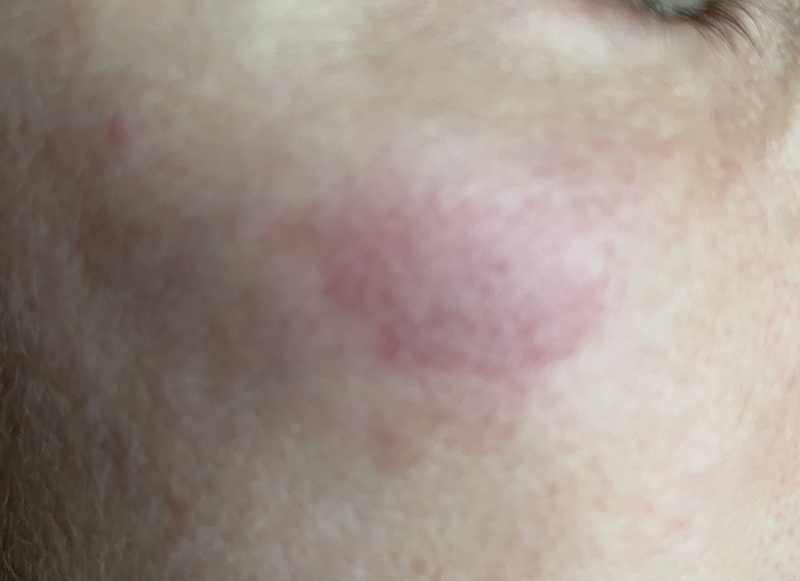
Wilderness Medicine
,
Dermatology
Dermal fillers are becoming more prevalent - and with them, associated risks. This case shows how the aesthetic procedure may contribute to cold weather injuries.
A Case of Isolated Focal Frostbite of the Cheek over Cosmetic Dermal Filler
10/30/2024 Sarah Spelsberg, MD, FAWM, FEWM , Andrea Sharp, MD , Sara Filmalter, MD, CAQSM, FAWM, DiDMM , Jessica Pelkowski, DNP, APRN, AGPCNP-BC, ONP-C , Abraham Boxx, BCP, NR-P, FP-C, BSN, FAWM


